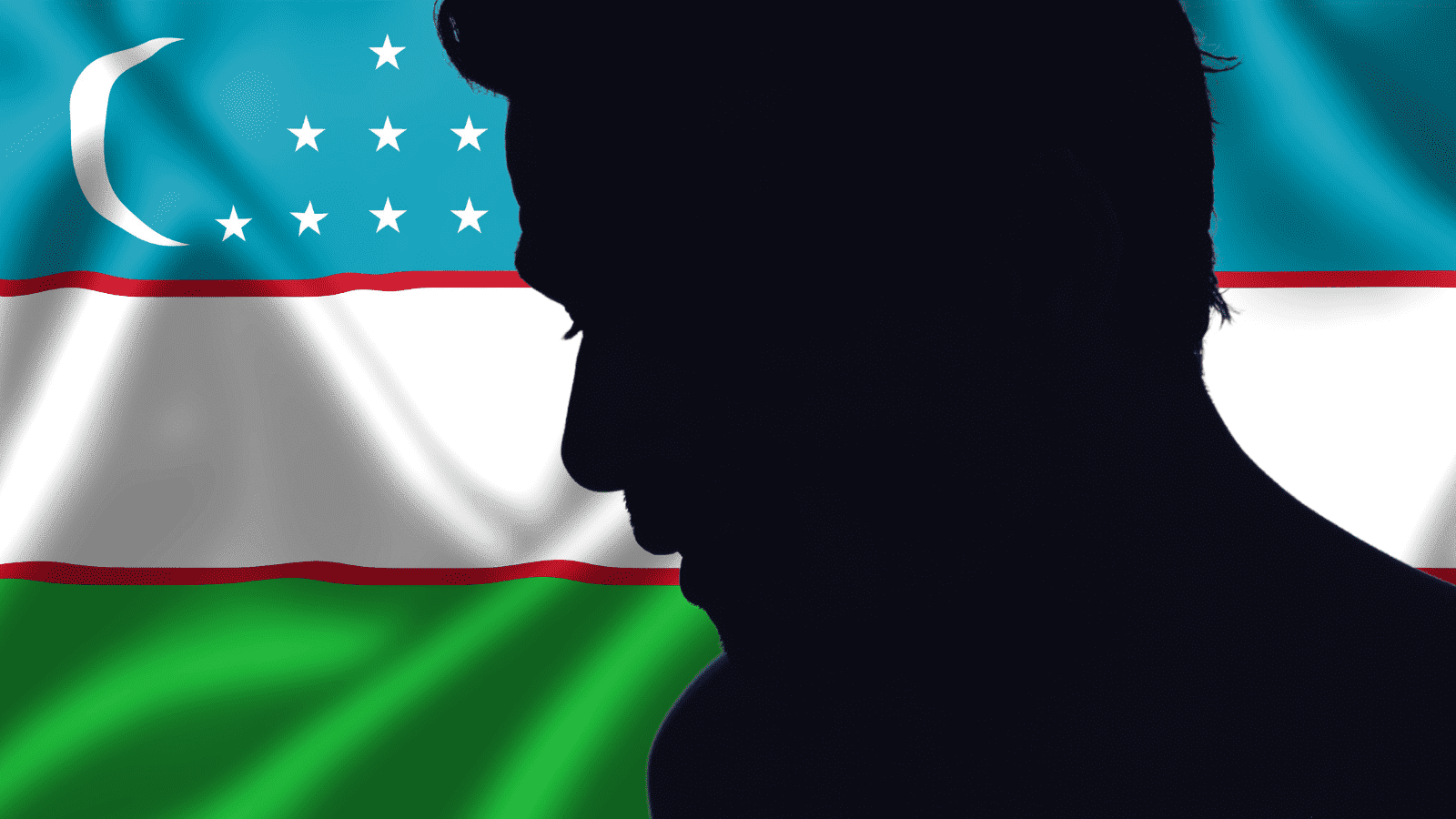Being LGBT in Uzbekistan – Meet Shokhruh Salimov Who was Tortured for his Sexuality
Now in exile, Shokhruh Salimov shares his story of growing up LGBT in Uzbekistan
Uzbekistan is a nightmare for queer people. After the collapse of the Soviet Union, Uzbekistan and Turkmenistan were the only Central Asian states not to decriminalise homosexuality. Since then, there has been a constant stream of attacks from government and society toward queer Uzbeks. So much so, that the LGBTQ+ international group, ILGA, consistently rank Uzbekistan as amongst the lowest nations in the world in terms of acceptance.
These shocking statistics translate into fatal tragedies. In September of 2019, 25-year-old, Shokir Shavkatov was murdered just days after coming out via an Instagram post. His body was discovered in his apartment in Tashkent. This is just one of many abhorrent cases in the past couple of years alone.

Shokir Shavkatov’s Instagram post. From RFEL
Uzbek leader, Islam Karimov, who led the country for 27 years, died in 2016. Shortly before his passing, Karimov made a rare comment on Uzbekistan’s LGBTQ+ community, stating that they “have some deviation in their heads.” This fanned the flames of pre-existing hatred towards those who are LGBT in Uzbekistan. Shokhruh Salimov is one of many caught up in the aftermath of the toxic political discourse.
Shokhruh Salimov: LGBT in Uzbekistan
Chapter Z: Thank you for agreeing to this interview, and for sharing your story. First of all, how are you?
Shokhruh: My situation is not very good. How can I be in this situation? At the moment I am a refugee in Turkey. I was born in a conservative family in the Kaskadarya province of Uzbekistan. I spent my childhood hiding my sexual orientation.
Chapter Z: And can you describe the situation for Queer people in Uzbekistan?
Shokhruh: Homophobia in the society of Uzbekistan is so strong that artists, actors, singers and politicians continue the spread of homophobia, instead of fighting it. They approve of it and actively participate in its spread.
Chapter Z: Did you ever come out?
Shokhruh: At the age of 13 and 14, I completely admitted that I was bisexual. It is not easy to accept sexual orientation in our society. You hear the homophobic words of those around you all the time, you are exposed to their sexist attitudes. In this case, it is very difficult for you to accept yourself and remain psychologically strong.
Chapter Z: Uzbekistan actively attempts to erase queer people from society. When LGBTQ+ issues arise in debate or conversation, it tends to be negative. So, did you struggle to understand your sexuality? Did you know who you were or what you were feeling when you had no role models or understanding that queer people exist?
Shokhruh: At first, it seemed like I was the only one different. Then I made friends like myself. But even having gay friends in Uzbekistan is risky. As I was aware of this, I didn’t have many friends. I have been living abroad since I was 18 years old. I always knew about Uzbekistan’s hostile attitude towards us. They never accepted us, I always live dwith threats. I received threats from homophobic people, the state of Uzbekistan and radical Islamists.
Chapter Z: Is there any support at all? What about the underground?
Shokhruh: In Uzbekistan, LGBT people can get free counselling on HIV/STI issues and free psychological and legal counselling. But not everyone has access to such types of support and assistance due to the low level of awareness and the lack of safe information mechanisms. Due to tremendous pressure from law enforcement officials and ordinary homophobic people, LGBT people are doomed to live in secrecy and are even when faced with cases of violence and discrimination. Most LGBT people are afraid to go anywhere because there are few people who will understand and support them.
Chapter Z: Your face and name became public when you made a video statement calling on the president of Uzbekistan to address the disgusting treatment of its LGBTQ+ community. How did this come about?
Shokhruh: In August 2018, I came to Turkey. The reason for my escape from Uzbekistan was the case in which I was framed by law enforcement officers. I was convicted under Article 120 (sodomy) of the Criminal Code of the Republic of Uzbekistan and became a victim of cruel torture by the police officers. They put the strongest moral and psychological pressure on me in order to get contacts of other LGBT people from me. They also had my personal data, with the help of which they could easily put me in prison, this became the reason for my immediate escape from Uzbekistan.
During sexual intercourse with my partner, officers of the Ministry of Internal Affairs broke into our apartment with cameras in their hands, they filmed everything that was happening and I was arrested under article 120 of the UKRUz (sodomy). After my arrest, I became a victim of torture, after which I developed significant psychological trauma. After the torture, they announced that if I did not pay them $2000, they would have to put me in jail. I gave this money and left Uzbekistan, but my personal data and the video, on the basis of which I was arrested, remained with them.
Last year, I turned to the President of the Republic of Uzbekistan Shavkat Mirziyoyev through Radio Ozodlik, demanding to stop the manifestation of homophobia against LGBT people and to protect them. After my video message, a group of Interior Ministry officers came to my home in Uzbekistan and told my family about their intention to return me from Turkey back to Uzbekistan.
Chapter Z: You have been through a lot. Do you have any optimism for the future of queer people in Uzbekistan?
Shokhruh: I believe that sooner or later the law that punishes homosexuals in Uzbekistan will disappear. As long as we continue the struggle and stay brave, we will achieve this together.
Disclaimer
Shokhruh was asked if he wanted his identity protected for the sake of his family in Uzbekistan. Sadly, Shokhruh’s family share the same hostility and homophobia as the government.
If any of the topics discussed in this article have affected you, please access or reach out to an online resource such as Big White Wall.



